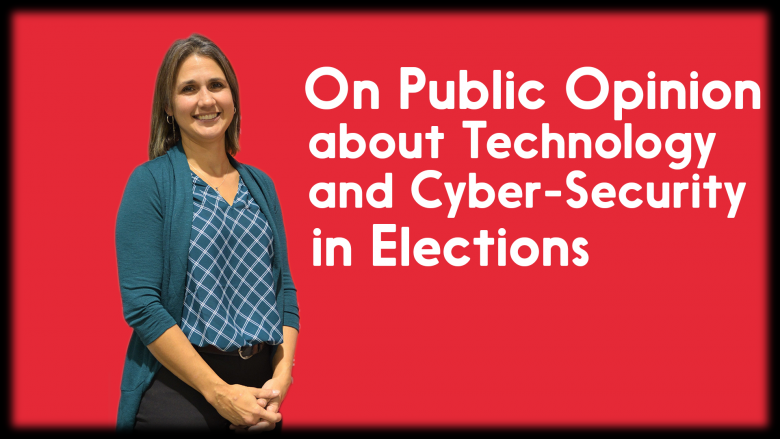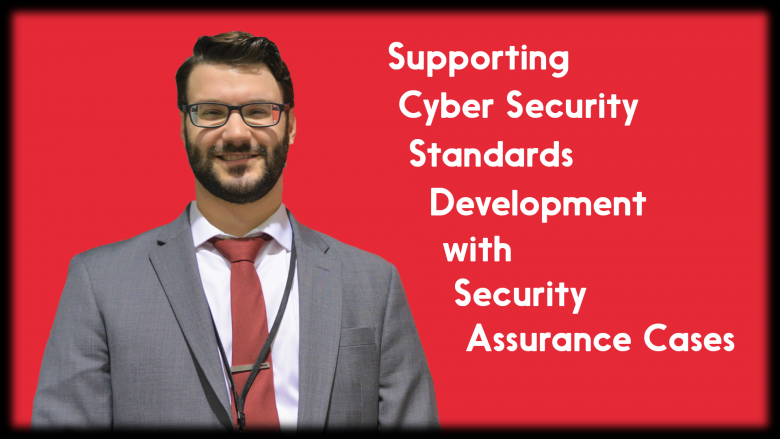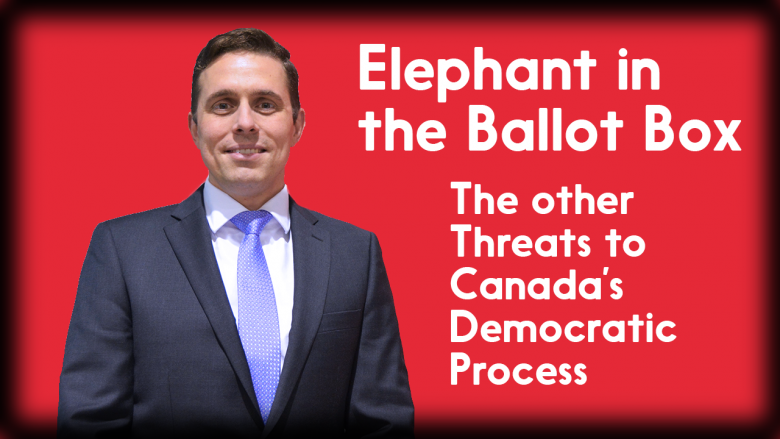About the speaker Laura Stephenson is a Professor of political science at the University of Western Ontario. She co-directs the Consortium on Electoral Democracy (C-Dem). She specializes in the study of political behaviour, both Canadian and comparative. Her research is focused on understanding how institutions and context influence attitudes, electoral preferences and engagement with politics. …
Month: November 2019
Le marché de la publicité en ligne devient de plus en plus important. Les internautes peuvent accéder au contenu fourni gratuitement par les éditeurs qui monétisent leur public par le biais de la publicité. Les annonceurs achètent ainsi une visibilité en ligne pour promouvoir leurs produits et, afin de maximiser l’efficacité de la publicité, ils …
The online advertising market is becoming bigger and bigger. Users access content provided for free by publishers who monetize their audience through advertisement. Companies thus buy online exposure to promote their products, and in order to maximize advertisement efficiency, they tailor their ads to users regarding their interests. Advertisers use techniques such as cookies, local …
The existence of well-defined or documented sets of standards, guidelines, or best practices for developing secure systems is limited. Those that are available often lack focus and specificity, making compliance either too difficult or too easy. As a result, many practitioners are never quite sure what needs to be done to demonstrate that they have …
The Communication Security Establishments’s “Cyber Threats to Canada’s Democratic Process” has been an important and influential series of reports providing the public with an invaluable snapshot of challenges facing our elections in the digital age. But for an agency with a predominately outward view toward foreign intelligence, the reports also noteworthy for the threats they …
Internet a rendu possible les transactions en ligne et d’autres types d’interactions. Malheureusement, son importance favorise également une vague croissante de cybercriminalité qui affecte les citoyens, les entreprises et les gouvernements. Les humains sont généralement considérés comme le maillon faible. En effet, si les individus n’utilisent pas correctement les mesures de sécurité ou négligent les …
The Internet made possible online transactions and other interactions. Unfortunately, its importance also fosters a growing wave of cybercrime that impacts citizens, businesses and governments. Humans are often considered the weakest link. Indeed, if individuals do not use security measures properly or are negligent in using basic security strategies then cybersecurity measures become useless. Rather …
Les réseaux sociaux en ligne permettent aux utilisateurs de créer des liens, d’établir des relations et d’échanger des informations via Internet. Les réseaux sociaux en ligne contiennent une abondante quantité de données insuffisamment protégées par les préférences de confidentialité par défaut. De plus, les préférences de confidentialité sont difficiles à utiliser et ne reflètent pas …
Online Social Networks (OSNs) allow users to build connections, establish relationships, and exchange information over the Internet. At the same time, OSNs hold an abundant amount of data that are insufficiently protected by default privacy preferences. Moreover, privacy preferences are by default hard to use and do not correctly reflect the intentions of users, which …






